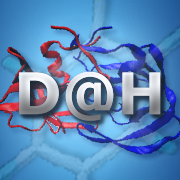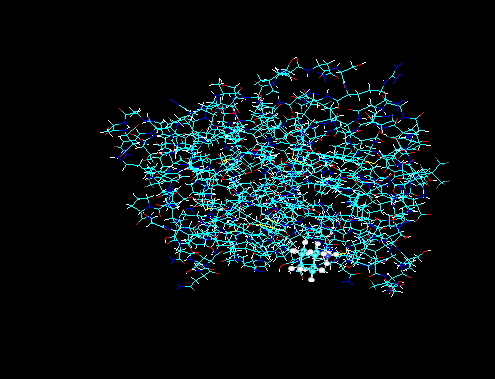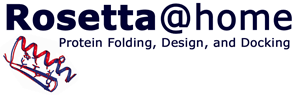To be honest, Scrabblemmario is a phoenix rebirthing from an elder project. Now I have new friends support, powerful tools and more raw material to work with, so I was encouraged to make a quantum leap and restart the study.
Scarabaeus is a challenging Scrabble game bot project, involving italian language-based heuristics and uncertainty prediction.
Have a look at the updated section page to learn more about them.
[ view entry ] ( 26 views ) | permalink | related link |




 ( 3 / 3173 )
( 3 / 3173 )Jay Freeman, a.k.a. saurik, has managed to install Debian on a T-Mobile G1 smartphone. I wrote about it some weeks ago.
In this way, he obtained a device which is capable of running both Google's Android and the Debian install; an unrestricted OS with a huge pack of applications available, and a tweaked mobile phone platform for ant use and experiment.
I know, this is probably only for geek people, but this configuration would give you full control over your G1's filesystem and allows you to install whatever applications you might want.
Uhm, I'd like to be a German phone user!
"If you're interested in getting your hands dirty and playing with Debian-on-G1, Freeman has set up a G1-Hackers mailing list, where you can find like-minded individuals to chat with," writes Ars Technica's Erica Sadun.
Maybe this is the greatest world viral marketing campaign in ICT ever; nevertheless, the HTC Dream will be a valid base for state-of-the-art Linux OS, ARM-based, OSS, all-in-one personal system solution.
I'm already thinking about Chinese/Taiwanese industry developing low-cost G1 clones!
[ view entry ] ( 24 views ) | permalink | related link |




 ( 3 / 2954 )
( 3 / 2954 )[ view entry ] ( 21 views ) | permalink | related link |




 ( 3 / 2749 )
( 3 / 2749 )I joined the Docking@home project. My User ID: 2619
 Docking@Home is a collaborative project that aims to accomplish both bioscience and computer science goals. From the bioscience point of view, the project aims to further knowledge of the atomic details of protein-ligand interactions and, by doing so, will search for insights into the discovery of novel pharmaceuticals. From the computer science point of view, this project aims to extend volunteer computing to enable adaptive multi-scale modeling of the docking applications: different models that represent the same phenomena in nature with different level of accuracy and resource requirements will be chosen at run-time based on results collected so far and characteristics of the protein-ligand complex. Docking@Home involves collaboration among the University of Delaware, The Scripps Research Institute (TSRI), and the University of California - Berkeley and is powered by BOINC.
Docking@Home is a collaborative project that aims to accomplish both bioscience and computer science goals. From the bioscience point of view, the project aims to further knowledge of the atomic details of protein-ligand interactions and, by doing so, will search for insights into the discovery of novel pharmaceuticals. From the computer science point of view, this project aims to extend volunteer computing to enable adaptive multi-scale modeling of the docking applications: different models that represent the same phenomena in nature with different level of accuracy and resource requirements will be chosen at run-time based on results collected so far and characteristics of the protein-ligand complex. Docking@Home involves collaboration among the University of Delaware, The Scripps Research Institute (TSRI), and the University of California - Berkeley and is powered by BOINC. Docking@Home is part of the DAPLDS project (or Dynamically Adaptive Protein-Ligand Docking System project) and is supported by the National Science Foundation (NSF).

[ view entry ] ( 20 views ) | permalink | related link |




 ( 3 / 2618 )
( 3 / 2618 )
I'm now part of the BOINC.Italy team, and joined the Rosetta@home project.
[ view entry ] ( 16 views ) | permalink | related link |




 ( 3 / 399 )
( 3 / 399 )
 Calendar
Calendar




